Venezuelans are accustomed to severe shortages of oil, diapers and other staple products. But those hoping to buy what they could find got a new unpleasant surprise this week. They found malls dark and shuttered on the first day of a government electricity rationing regime. "This is madness, this is not the solution!" said Nataly Orta, 48, at the locked gate of the Lider mall in eastern Caracas. "It's a drastic measure that will only create more unemployment and worsen an economy already in crisis."
Authorities say the three-month restrictions will affect more than 250 shopping centers that must find other sources of power from 1:00 to 3:00 pm and again from 7:00 to 9:00 pm. Unable to generate their own electricity, most malls are shutting their doors during those hours. "I came to the pharmacy and supermarket to see what I could find and I come across this instead," said Julia Torres, 54.
"Every day, we're a little more surprised by what's happening in Venezuela." Security concerns make the well-lit, guarded malls - with their restaurants, cinemas and theaters - a preferred leisure option for Venezuelans. The country's homicide rate is among the world's highest at 58 deaths per 100,000 people.
On Thursday, a top hoteliers' association said that five-star hotels would also have to start generating their own power for several hours a day. The authorities say the rationing is a temporary measure brought on by the El Nino weather phenomenon, blamed for a drought that has lowered production at the country's hydropower plants.
"The government is taking concrete action to minimise the decline" in reservoir levels, Electricity Minister Luis Motta said on Wednesday. But the opposition, recently boosted by winning a majority in the legislature, accuses socialist President Nicolas Maduro's administration of failing to anticipate the problem and not adequately investing in the country's power grid.
A business association representing shopping centers, Cavececo, has proposed minimising the power cuts' effects with a deal that would increase rationing to five hours a day instead of four in exchange for an uninterrupted supply of electricity between noon and 7:00 pm. "The cuts will affect 2.5 million people who go to these places daily," said Cavececo director Claudia Itriago, adding that the government has yet to respond. "Shopping centers account for only three percent of national electricity consumption," she said.
Even malls that generate their own electricity can cover only around half their needs, Itriago said. The government enforces strict capital controls that have caused a shortage of foreign currency, which seriously limits companies' ability to import the necessary equipment.
"Ordering shopping centers to generate their own energy without giving them access to foreign currency for equipment in a country subject to foreign-exchange controls is absurd," said economist Luis Vicent. Businesses say electricity rationing will harm an economy that is suffering from triple-digit inflation and contracted 10 percent last year. The International Monetary Fund estimates it will contract another eight percent this year.
Retail workers are worried the knock-on effects of reduced sales will include layoffs and reduced commissions. Asdrubal Oliveros, director of the Ecoanalitica consulting group, says the problems are symptomatic of Venezuela's economic crisis. The formerly rich state has the world's largest known oil reserves but has suffered as crude prices have fallen sharply. "It shows the seriousness of Venezuela's structural crisis, which affects institutions, the economy, security and services," he said.
BR100
15,115
Increased By
28.1 (0.19%)
BR30
43,048
Increased By
175.6 (0.41%)
KSE100
149,493
Increased By
257.8 (0.17%)
KSE30
45,518
Increased By
11.6 (0.03%)














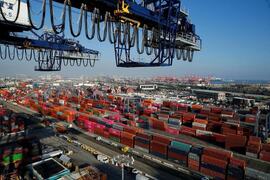
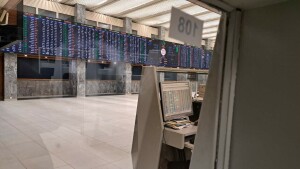
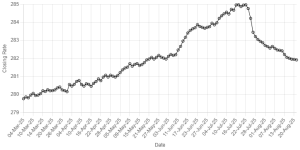
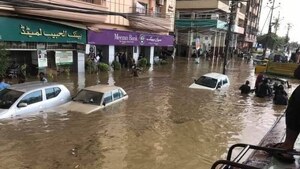

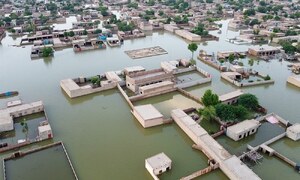

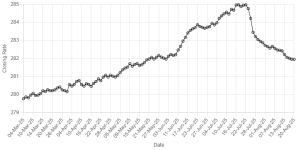

Comments
Comments are closed.